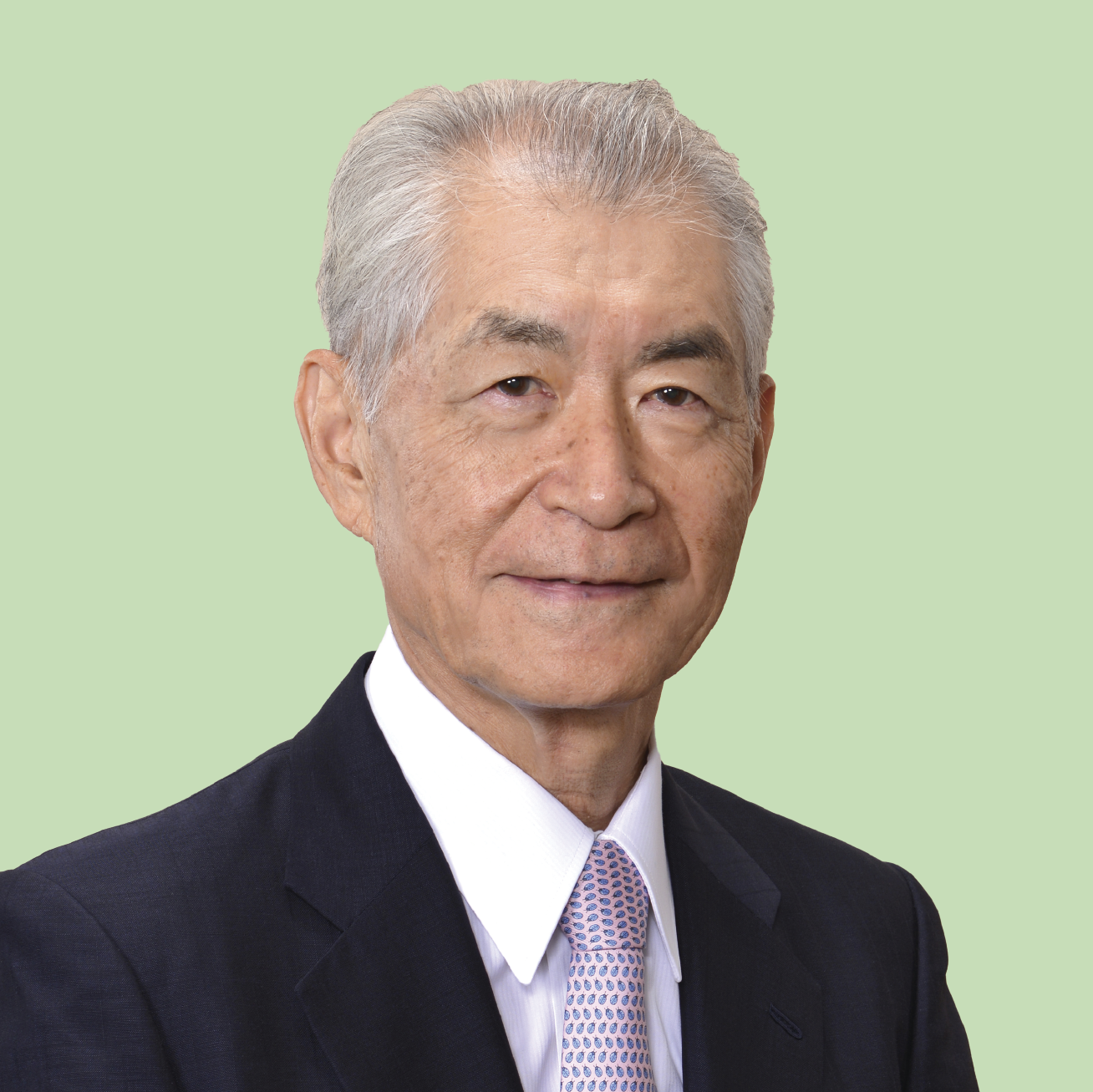Title of Presentation
“Future Perspective of Cancer Immunotherapy”
Cancer Immunotherapy paved a new avenue that significantly changed the conventional wisdom of cancer treatment. However, to bring this revolutionary approach to the next level, it is essential to improve the treatment efficacy and develop reliable prognostic biomarkers for the critical evaluation of the treatment.
Previously, we have shown that the rapid proliferation of T lymphocytes is essential to fight against cancer cells. In order to boost the process, we developed a novel combination therapy using small molecules that enhance mitochondrial function and energize the T lymphocytes. Based on the success of combination therapy in the mouse model, we extended our study to the patient level and completed the phase I trial.
In this presentation, I will discuss the prospect of cancer immunotherapy, focusing on fighter T cell boosting small molecules.
Profile
- Web Site URL
- https://www.ccii.med.kyoto-u.ac.jp/en/
- A brief Biography(As of August 1, 2021)
-
Mar 1971 Graduate School of Medicine, Kyoto University Sep 1971 Fellow, Carnegie Institution of Washington (Department of Embryology) Jul 1973 Visiting Fellow and Associate, Laboratory of Molecular Genetics National Institute of Child Health and Human Development, NIH Bethesda Nov 1974 Assistant Professor, Faculty of Medicine, The University of Tokyo (Department of Physiological Chemistry and Nutrition) Dec 1979 Professor, School of Medicine, Osaka University (Department of Genetics) Mar 1984 Professor, Faculty of Medicine, Kyoto University (Department of Medical Chemistry) Apr 1995 Professor, Graduate School of Medicine, Kyoto University (Molecular Biology) Oct 1996-Sep 2004 Dean, Faculty of Medicine/Graduate School of Medicine, Kyoto University Apr 2005 Specially-Appointed Professor, Graduate School of Medicine, Kyoto University (Department of Immunology and Genomic Medicine) Jun 2006-Jan 2012 Executive Member, Council for Science and Technology Policy, Cabinet Office Apr 2012-Apr 2017 Chairman, Board of Directors, Shizuoka Prefectural University Corporation Jul 2015-Present President, Foundation for Biomedical Research and Innovation at Kobe (The official foundation name in Japanese was changed in April 2018.) May 2017 Distinguished Professor, Kyoto University Institute for Advanced Study Apr 2018-Present Deputy Director-General and Distinguished Professor, Kyoto University Institute for Advanced Study Apr 2020-Present Director, Center for Cancer Immunotherapy and Immunobiology, Graduate School of Medicine, Kyoto University - Details of selected Awards and Honors
-
1996 The Imperial Prize and the Japan Academy Prize 2000 Person of Cultural Merit 2005 Member of the Japan Academy 2012 Robert Koch Prize 2013 Order of Culture, Japan 2014 Tang Prize, Biopharmaceutical Science Award 2016 Kyoto Prize 2018 Nobel Prize in Physiology or Medicine 2019 Fellow, The American Association for Cancer Research 2019 Honorary Member, The Physiological Society 2019 Honorary Member, The Royal Academy of Medicine of Spain - A list of selected Publications
-
Organization of immunoglobulin heavy chain genes and allelic deletion model. Honjo, T. and Kataoka, T. Proc. Natl. Acad. Sci. USA 75 2140-2144 (1978)
Deletion of immunoglobulin heavy chain genes from expressed allelic chromosome. Yaoita, Y. and Honjo, T. Nature 286 850-853 (1980)
Induced expression of PD-1, a novel member of the immunoglobulin gene superfamily, upon programmed cell death. Ishida, Y., Agata, Y., Shibahara, K., and Honjo, T. EMBO J. 11, 3887-3895 (1992)
Development of lupus-like autoimmune diseases by disruption of the PD-1 gene encoding an ITIM motif-carrying immunoreceptor. Nishimura, H., Nose, M., Hiai, H., Minato, N. and Honjo, T. Immunity 11 141-151 (1999)
Class switch recombination and hypermutation require activation- induced cytidine deaminase (AID), a potential RNA editing enzyme. Muramatsu, M., Kinoshita, K., Fagarasan, S., Yamada, S., Shinkai, Y. and Honjo, T. Cell 102 553-563 (2000)
Tanaka, Y., Nakatani, K., Hara, M., Matsumori, A., Sasayama, S., Mizoguchi, A., Hiai, H., Minato, N. and Honjo, T. Science 291 319-322 (2001)
Involvement of PD-L1 on tumor cells in the escape from host immune system and tumor immunotherapy by PD-L1 blockade. Iwai, Y., Ishida, M., Tanaka, Y., Okazaki, T., Honjo, T. and Minato, N. Natl. Acad. Sci. USA 99 12293-12297 (2002)
PD-1 blockade inhibits hematogenous spread of poorly immunogenic tumor cells by enhanced recruitment of effector T cells. Iwai, Y., Terawaki, S. and Honjo, T. Immunol. 17 133-144 (2005)
Decrease in topoisomerase I is responsible for AID-dependent somatic hypermutation. Kobayashi, M., Sabouri, Z., Sabouri, S., Kitawaki, Y., Pommier, Y., Abe, T., Kiyonari, H. and Honjo, T. Natl. Acad. Sci. USA 108 19305-19310 (2011)
Mitochondrial activation chemicals synergize with surface receptor PD-1 blockade for T cell-dependent antitumor activity. Chamoto, K., Chowdhury, P. S., Kumar, A., Sonomura, K., Matsuda, F., Fagarasan, S. and Honjo, T. Natl. Acad. Sci. USA., January 31;114(5) E761-E770, 2017 (2017)






